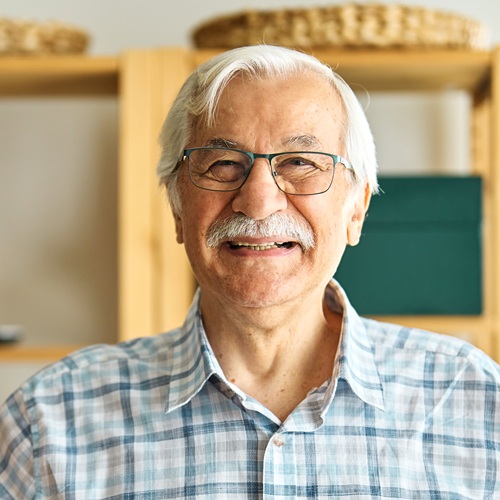Key Takeaways
- Happiness in old age depends on emotional security, a sense of purpose, and stable daily routines — not just comfort or convenience.
- Family involvement plays a vital role in maintaining seniors’ emotional and mental health, especially when backed by professional caregivers.
- Physical health and mental health are deeply connected; small lifestyle habits can strengthen both and lead to greater long-term satisfaction.
- Expert insights reveal that older adults thrive when they feel respected, included, and capable of contributing meaningfully to their surroundings.


